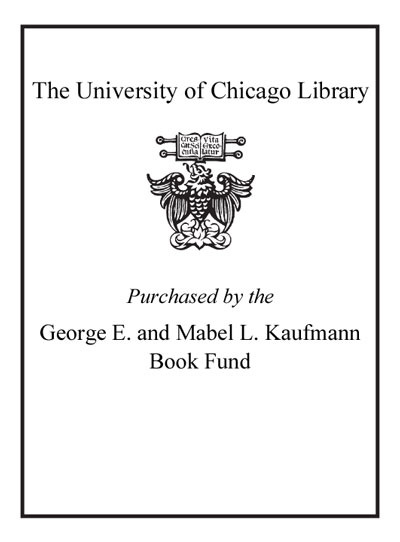The Oxford handbook of child psychological assessment /
Saved in:
| Imprint: | New York : Oxford University Press, c2013. |
|---|---|
| Description: | xxiv, 860 p. ; ill. ; 26 cm. |
| Language: | English |
| Series: | Oxford library of psychology Oxford library of psychology. |
| Subject: | |
| Format: | Print Book |
| URL for this record: | http://pi.lib.uchicago.edu/1001/cat/bib/9145665 |
Table of Contents:
- Preface
- Part 1. Foundations of Psychological Assessment
- 1. The Role of Theory in Psychological Assessment
- 2. Testing: The Measurement and Assessment Link
- 3. Measurement and Statistical Issues in Child Assessment Research
- 4. Psychometric Versus Actuarial Interpretation of Intelligence and Related Aptitude Batteries
- 5. The Status of Projective Assessment in Psychological Science and in Practice
- 6. Large-Scale Group Score Assessments: Past, Present, and Future
- 7. Testing, Assessment, and Cultural Variation: Challenges in Evaluating Knowledge Claims
- 8. Methods for Translating and Adapting Tests to Increase Cross-Language Validity
- 9. Diagnosis, Classification, and Screening Systems
- 10. The ICF-CY: A Universal Taxonomy for Psychological Assessment
- 11. The APA Ethics Code and the Case Against Projective Techniques in the Assessment of Children and Youths
- Part 2. Models of Assessment
- 12. Cognitive Assessment: Progress in Psychometric Theories of Intelligence, the Structure of Cognitive Ability Tests, and Interpretive Approaches to Cognitive Test Performance
- 13. Principles of Assessment of Aptitude and Achievement
- 14. Principles of Neuropsychological Assessment in Children and Adolescents
- 15. Models for the Personality Assessment of Children and Adolescents
- 16. Principles of Behavioral Assessment
- 17. Therapeutic Assessment with Adolescents and Their Parents: A Comprehensive Model
- Part 3. The Practice of Psychological Assessment
- 18. History-taking, Clinical Interviewing, and the Mental Status Examination in Child Assessment
- 19. Psychological Testing by Models of Cognitive Ability
- 20. Methods of Neuropsychological Assessment
- 21. Memory Assessment
- 22. Formal Methods in Assessing Child and Adolescent Personality and Affect
- 23. Methods of Assessing Academic Achievement
- 24. Methods of Assessing Learning and Study Strategies
- 25. Models and Methods of Assessing Creativity
- 26. Methods of Assessing Behavior I: Observations and Rating Scales
- 27. Models and Methods of Assessing Adaptive Behavior
- Part 4. Special and Emergent Topics in Child and Adolescent Assessment
- 28. The Authentic Alternative for Assessment in Early Childhood Intervention
- 29. Assessing Mild Intellectual Disability: Issues and Best Practices
- 30. Toward a Synthesis of Cognitive-Psychological, Medical/Neurobiological, and Educational Models for the Diagnosis and Management of Dyslexia
- 31. Testing Accommodations for Children with Disabilities
- 32. Special Issues in Forensic Assessment of Children and Adolescents
- 33. Assessing Noncognitive Constructs in Education: A Review of Traditional and Innovative Approaches
- 34. Assessment of Subjective Well-being in Children and Adolescents
- 35. Assessment of Parenting Style, Parenting Relationships, and Other Parent Variables in Child Assessment
- 36. Linking Children and Adolescent Assessment to Effective Instruction: An Evidence-based Perspective from the Experimental Literature

